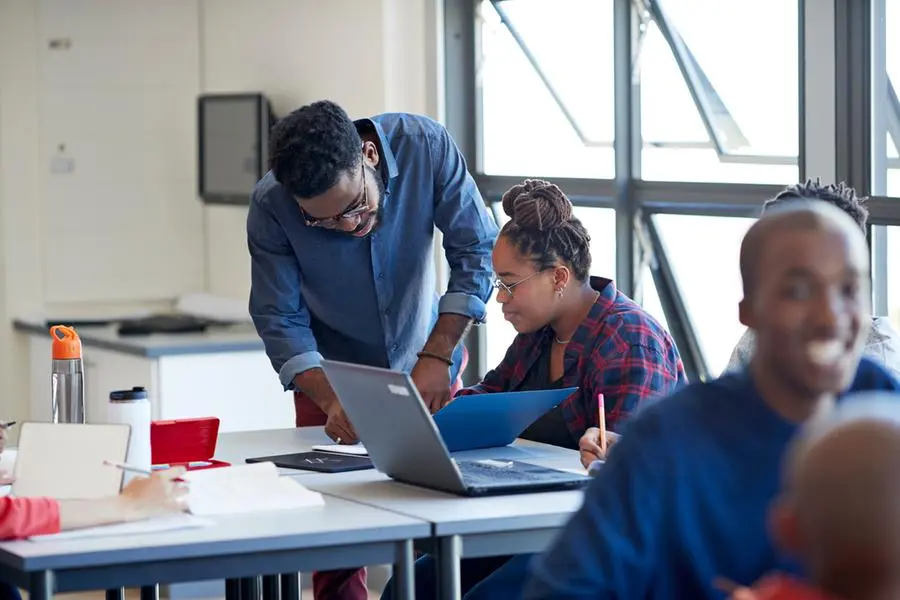This September, 25 of Africa’s education technology leaders will head to Cambridge on a new fellowship programme from Cambridge Partnership for Education and HP.
The HP Cambridge Partnership for Education EdTech Fellowship is a seven-month programme that aims to grow participants’ knowledge and skills to lead impactful edTech transformations in their education systems.
The first cohort of edTech fellows will work to increase the quality and equity of learning through digital transformation in education systems across sub-Saharan Africa. Learning with technology has the potential to create societies that are not only more inclusive and prosperous, but also ensure that young people are equipped with the skills they need for their careers.
Cambridge and HP selected the group from 400 applications. The first cohort of their HP Cambridge Partnership for Education EdTech Fellowship includes government officials working in education and leaders from private and not-for-profit EdTech organisations.
The Cambridge HP fellowship programme will encompass inclusive EdTech for disadvantaged groups, the role of AI, and digital strategy, policy and governance. The fellows will also develop an equitable solution to an education system challenge using user-centred design while developing their leadership skills.
With Africa experiencing rapid population growth, the first fellows’ influence on global education is set to have a significant impact.
The first fellows include senior government officials responsible for national digital education initiatives, with the goal to improve learning for more than 120 million children across Botswana, Eswatini, Ethiopia, Ghana, Kenya, Malawi, Nigeria, Rwanda, Sierra Leone, South Africa, Uganda and Zambia.
The programme, which starts with online study next week, will include a residential course in September 2023, held at Trinity Hall, University of Cambridge in the UK, as well as one-to-one coaching over the course of seven months.
Jane Mann, managing director of Cambridge Partnership for Education, said: “Our first EdTech fellows have huge remits, and huge strengths. They are responsible for turning policy into action. Supported by one another, tutors and coaches, the fellows will build healthier EdTech ecosystems where grassroots innovations are promoted, effectively evaluated and successfully scaled to help combat learning crises today and increase education system resilience for the future.”
“The next breakthroughs in EdTech will come from emerging visionary leaders in unique national contexts. This programme will enable cross-border discussions and development to help overcome barriers, from infrastructure to curriculum content,” added Mayank Dhingra, senior education business leader at HP.
Cambridge Partnership for Education developed the inaugural EdTech fellowship programme with HP during the AfricanBrains Summit in Lusaka, Zambia in 2022. The programme is led by Cambridge Partnership for Education head of education technology solutions, Julia Citron. It is supported by the Digital Education Futures Initiative (DEFI) at Hughes Hall at the University of Cambridge and Dr Bjoern Hassler’s team at edTech specialist NGO, OpenDevEd.
Source: ZAWYA











